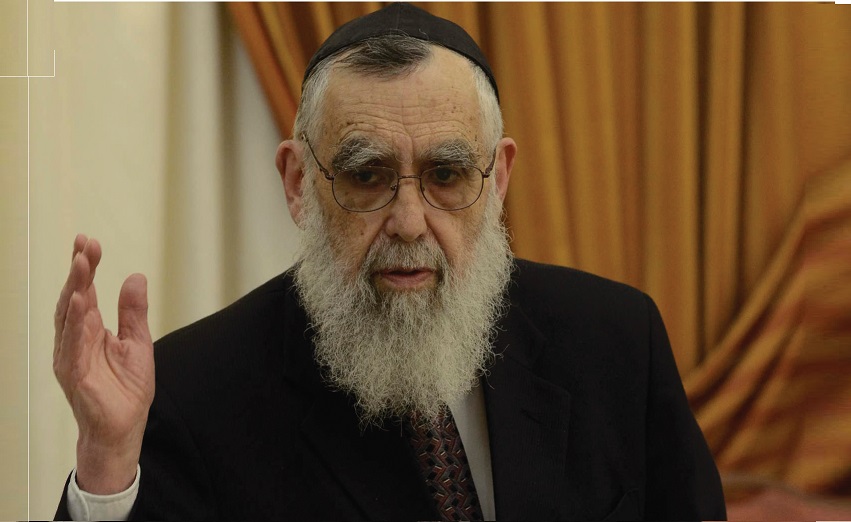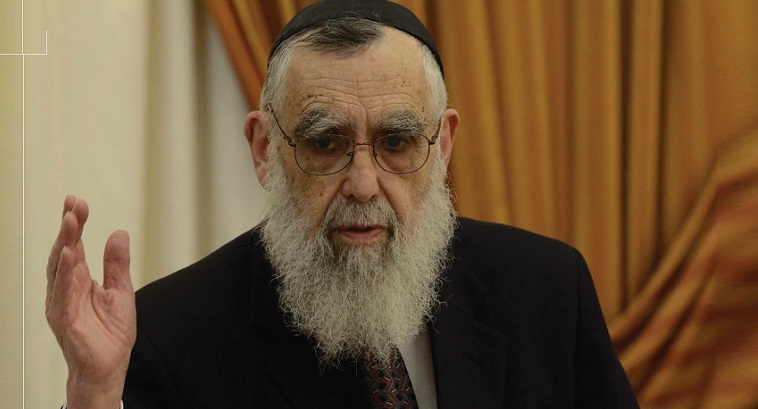The Darkening of the White, The Whitening of the Dark

Why were we given this gift of the lovely snow, so briefly here, so quickly gone?
Unlike rainstorms that come crashing down accompanied by thunder and lightning, the snow falls stealthily, like a whisper in the night. When you go to sleep, there is nothing remarkable about the streets outside, the usual black asphalt on the roadway, the gray sidewalks. But when you wake up in the morning, the world has been transformed. White, white, only white everywhere. The renowned verse from Yeshayahu 1:18 springs to mind: “Im chataeichem kashanim, kasheleg yalbinu — If your sins are red as scarlet, they shall become white as snow.” There is nothing more pure or more lustrous than a mantle of freshly fallen snow.
What a pity to despoil it with our soiled shoes, to violate it with our muddied tires. If only we could let it be, let it remain there untouched and unsullied. But life must go on, milk has to be bought, errands have to be run, davening and Torah study must continue.
As the day moves on, the snow stops falling, the air is less cold, children frolic, people and autos and buses begin moving about. The snow is no longer pure white, and begins to turn yellowish and murky. Toward evening it is transformed into a dreary concoction of gray and black eddies of water.
But if you do not despair and gradually scrape away a thin layer of slush, you discover that the unsightliness is only a surface layer and that beneath all the soot and grime there begins to emerge once again the fresh, pristine, original snow.
By the next day, it has all disappeared. The earth is as it was. There is still no grass on the ground, no foliage on the trees, and all seems hopelessly barren. Why were we given this gift of the lovely snow, so briefly here, so quickly gone?
But unseen to the eye, the earth is not as it was. The ground has soaked up the infusion of life-giving moisture, and deep down, tiny shoots of green grass are beginning to form, leaves are preparing to sprout, and lilies and roses and magnolias are arranging their blossoms. The short-lived snow has come and gone, but its visit was not in vain. It has done its work.
The fresh fallen snow is like a new-born baby: pure, innocent, unsullied. But it cannot stay that way. Life has begun, and life has to be lived. In childhood, the whiteness and the purity are still present, but as maturity sets in, the whiteness begins to fade, and as adulthood arrives, the purity becomes a bit tarnished. We struggle to maintain the original innocence, we fight against the drab, unsavory gray that lurks at every turn, and against the darkening of the white,
The struggle is not always successful. The forces of grime and sludge are persistent and powerful. Ideals become diluted, behavior is not always pure, good intentions and aspirations are occasionally tarnished.
But we carry on. We continue to wrestle with the intrusive gray. And at the end of the day, if we continue to scrape away at the surface stains and blemishes, we discover that the imperfections and defilements were only a thin surface layer, and that beneath them there begins to emerge once again the fresh layer of dazzling primary snow in all its pristine whiteness.
And then we are no more.
Why were we given this gift of life, so briefly here, so quickly gone? What was the purpose of all the struggling if, at the end, nothing is left of us and we fade away? Has it all been a colossal waste, this lifelong battle against the darkening of the white?
Observe the snow, and do not despair. The struggle has not been in vain, and only on the surface does it seem to disappear. Just as the snow descends quietly, performs its magic, and then melts away, so also, unseen by mortal eyes, is the human being: Even as we silently fade away, the souls of generations yet unborn have been elevated and sanctified by the lifelong wrestling against the forces of defilement, by the quest for the pure, and by the whitening of the dark.
Observe the soundless snow. It speaks to all of us.
(Originally featured in Mishpacha, Issue 898)
Oops! We could not locate your form.



